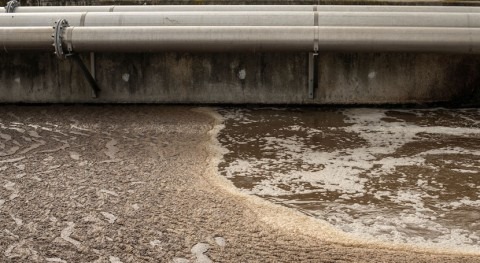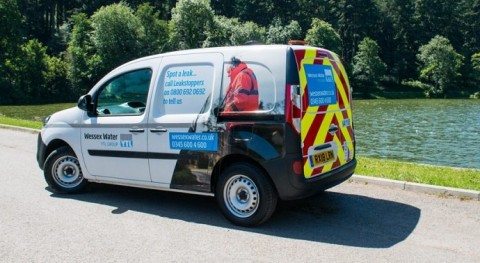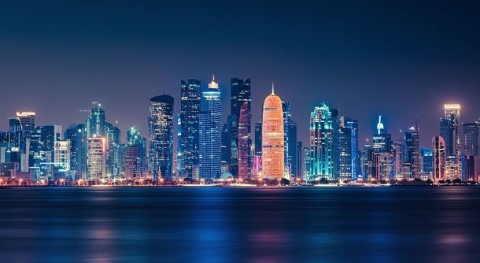Graduate engineers at Greater Western Water (GWW) have taken the lead in pioneering nanobubble technology to enhance recycled water treatment, marking an Australian first in utility-led implementation of the approach.
The project began in 2022 when graduate engineer Samuel Leong proposed a trial to test nanobubbles in wastewater applications. Building on his work, fellow graduate Roshi Selvakumar partnered with Custom Fluids to carry out a small-scale pilot at GWW’s Bacchus Marsh Recycled Water Plant in 2024. Their results demonstrated clear benefits, earning their technical paper second place at a national water industry conference.
Nanobubbles—tiny gas-filled bubbles—were used to increase and stabilize dissolved oxygen (DO) levels in a treatment lagoon. By naturally boosting oxygen levels, the trial reduced reliance on chemical additives and improved overall treatment efficiency. The outcome: a higher-quality Class C recycled water suitable for irrigation, dust suppression, and industrial use.
General Manager of Strategy and Partnerships, Kessia Thomson, praised the graduates’ leadership and innovation. “This trial has delivered valuable insights and empowered emerging engineers to drive meaningful change in water sustainability,” she said.
Beyond technical success, the project underscores the value of empowering early-career professionals in critical infrastructure innovation. It also highlights the potential of emerging technologies to enhance environmental outcomes by reducing nutrient discharge and supporting healthier waterways.
Encouraged by the success, GWW plans a second phase of testing, incorporating additional technology to further refine recycled water quality. The initiative reflects a broader commitment to sustainability, innovation, and professional development—setting a promising precedent for the future of wastewater management in Australia.
















